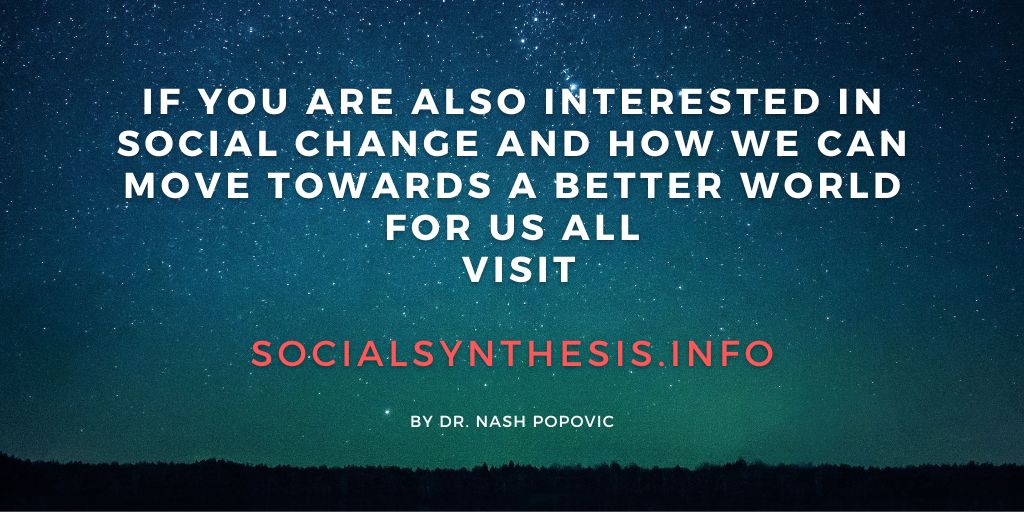4. Self-valuation
Tho’ modesty be a virtue, bashfulness is a vice.
Benjamin Franklin (a Founding Father of the US)
There are two types of self-value: acquired and innate. The former is linked to self-esteem, and the latter to self-respect. Self-esteem feels good when high, but it can also be so low that we feel as if we are falling into an endless pit. This is why it is important to have something to hold onto in these situations, something that does not depend on our successes, or the way we look, or how others see us. This is self-respect. In this area we will examine and discuss both self-esteem and self respect.
Self-esteem
We have all heard of self-esteem and its importance. So let’s examine what self-esteem actually is. To esteem anything is to evaluate it (as in ‘estimate’); so self-esteem is about evaluating or judging ourselves. When we have high self-esteem we think well about ourselves, we hold ourselves in high regard. Conversely, having low self-esteem means not thinking highly about oneself. Self-esteem has much to do with personal achievement and success, but it also depends on our expectations. If our realisations exceed our expectations we will have high self-esteem; if our expectations are greater than our achievements we will have low self-esteem. For example, if you don’t expect to win a medal at the Olympic Games but actually win bronze, your self-esteem will be high. If you expect to win gold but actually win silver, your self- esteem will be low, even though you objectively achieved more than in the first case. So, higher self-esteem can be brought about either by achieving more, or by lowering our expectations.
The effects: self-esteem influences how we feel about ourselves. Research indicates that people with high self-esteem are happier and more effective; they are also likely to be more assertive, independent, and creative.4 However, as we all probably know, there is also a flip side to this, to which we will turn now.
The flip side of self-esteem
- It is hardly possible to always meet or exceed the expectations of ourselves and others, so it is inevitable to experience dips in our self-esteem. Such fluctuations may happen several times in a single day, hence the phrase ‘the rollercoaster of self-esteem’. This can have a negative effect on our moods and confidence.
- Since self-esteem depends on our success and often the opinions of other people, it is never completely secure and needs continuous affirmation. Trying constantly to maintain high self-esteem can be exhausting.
- Paradoxically, self-esteem can lead to losing our sense of self- worth: if you believe that your worth depends on being successful, good-looking, popular or rich, this means believing that you are worthless without these things.
- Striving for high self-esteem can alienate others, especially when it is based on competing, as it often implies an ‘I am better than you’ attitude.
- Too high self-esteem may lead to self-satisfaction that can decrease motivation to grow or improve. It is sometimes associated with an inflated sense of self-importance, even conceit and vanity. It may be worth examining these concepts in more detail, as they can easily creep on us.
Conceit and vanity can arise when esteemed value (what sets you apart from others) is emphasised over innate value (what you share with others). In effect, self-image is more valued than the self. As hinted above, such attitudes can, in fact, erode our sense of self-worth (‘I am worthy because of x’ implies worthlessness without it). Because they are linked to self-esteem, conceit and vanity can make you feel high. However, this feeling doesn’t last long so they need to be constantly reinforced, which comes at the expense of losing touch with others as well as yourself. So, when they cannot be sustained any longer, you are left with nothing.
In summary, high self-esteem can make us feel good, but there may be something more important than riding this rollercoaster.
Self-respect
Self-respect is about our innate value and does not depend on our merits or successes. So what is it about us that is worthy of respect, no matter what? Actually, three things: we are the most complex thing in the known universe (our brain has more cells than there are stars in our galaxy); each person is unique, so there is nobody like you; unlike computers or other machines we have a capacity to make our own choices and act upon them. This complexity, uniqueness and potential (arising from our ability to make choices) are worth respect, even if there is nothing else. After all, they are expressions of what is most precious to all of us: our existence and our agency (freedom, if you wish). A lack of self-respect affects confidence and a general sense of well-being. Moreover, if you don’t respect yourself, it is less likely that others will. So what does self-respect mean in practice? Essentially, it means taking yourself (rather than your image) seriously, coupled with self-compassion. Self-compassion doesn’t mean being soppy about yourself, but feeling respect. Let’s try it.
Self-compassion meditation: close your eyes and relax. Imagine watching yourself without any judgements, positive or negative. If you manage to do so, you won’t feel anything – you will feel compassion that arises simply from awareness that you are alive and that you can choose what to do.
Modesty is closely linked to self-respect, because people who truly respect themselves do not need an ego-boost. Modesty is different from self-deprecation or submissiveness though. Giving inflated importance to others or always positioning yourself below them can only be a sign of false modesty. A modest person simply does not base her value on comparison with others and is not concerned with enhancing her self-image and gaining admiration. This is why secondary gains, such as praise or fame, lose their importance. Being modest is beneficial in many ways: it preserves energy, improves relationships, and reduces self-centeredness, which enables the person to experience the world more fully.
Self-esteem and self-respect compared
Self-esteem and self-respect may seem similar, but there are important differences between them. Let’s take the example of people singing at a celebration or party: those with a strong sense of self-respect are trying to do their best, but are essentially enjoying themselves even if they are not very good at singing. Those who emphasise self-esteem would weigh themselves against others and not really enjoy singing if they don’t do well in comparison. Since self-respect is based on innate value, comparison or competition with others is less important. Such an attitude doesn’t undermine achievements, but values them for their own sake, rather than as a means to maintain a sense of personal worth. Even compared to those who have high self-esteem, those with self-respect are less prone to self-blame, guilt, regret and stress. Moreover, since self-respect does not depend on judgements (our own and of others), it is more stable than self- esteem and may be the key to achieving peace of mind.

This exercise can help you determine if you emphasise self-esteem or self-respect:
Self-characterisation: write a few lines about something you have done well and about something you haven’t, when you have failed in your own eyes. After you finish, consider if your feelings and / or the tone and style of your writing change significantly from one case to the other. If they do, it is likely that your emphasis is on self-esteem. If your feelings and style don’t change much, self-respect is probably more important for you. This is because a more even perspective on successes and setbacks indicates a stable sense of self-value underpinning all of them.

